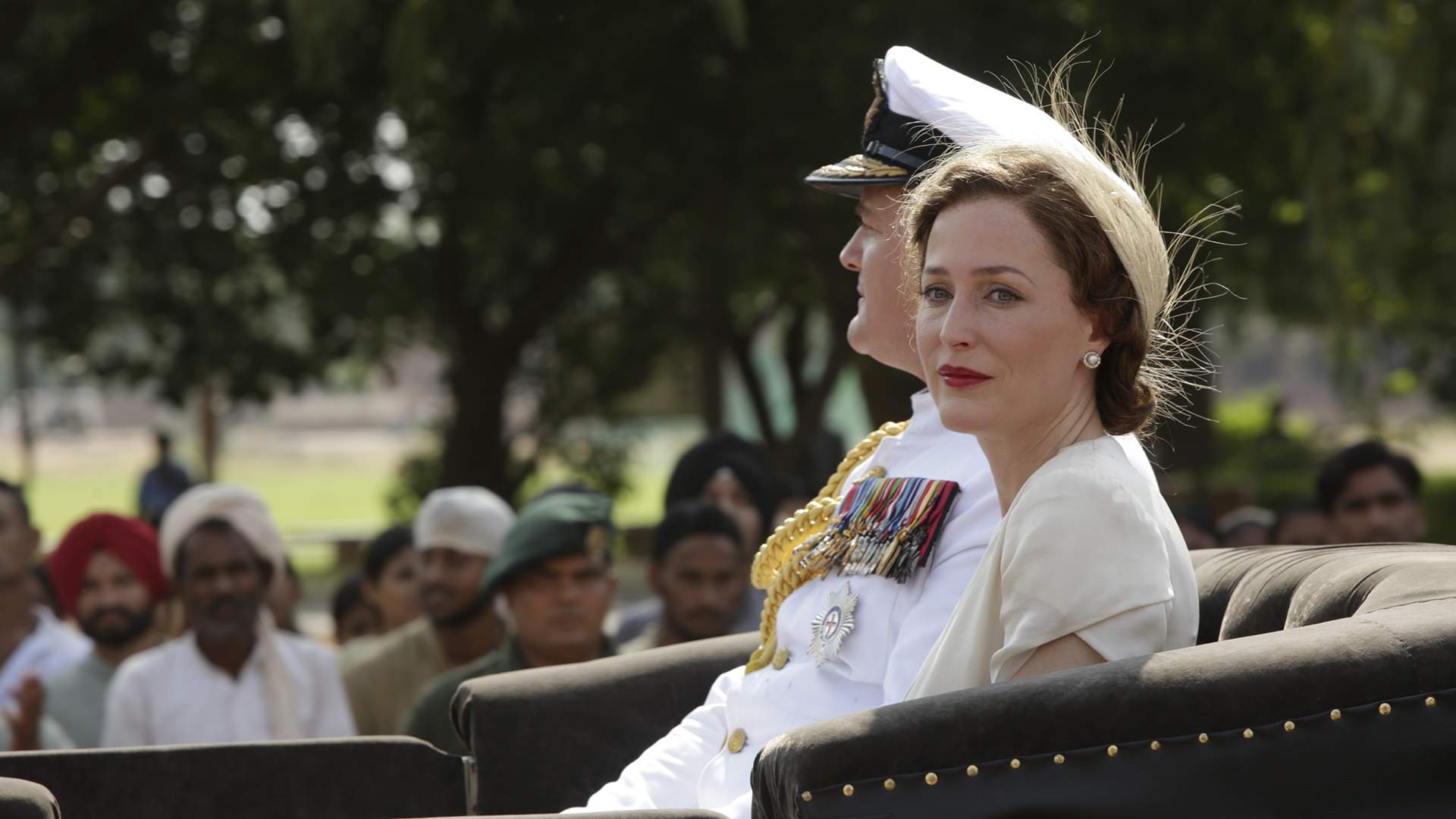Viceroy's House
A handsome if somewhat unremarkable historical drama.
Overview
In 1947, one country became two and the world was forever altered. Following centuries of governance by the British, India was divided into distinct, independent territories along religious lines. One would still be known as India. The other would become Pakistan (and later, Bangladesh as well). Unsurprisingly, it was a massive task requiring significant contemplation and causing considerable repercussions, both for the officials charged with overseeing the partition, and for the locals who would be forced to live with the change.
Such a chapter of history seems an obvious candidate for a dramatic film treatment — and that's just what Bend It Like Beckham's Gurinder Chadha delivers, stepping through the upheaval and exploring just how the two groups coped in such a turbulent period. But while she focuses firmly on the emotional toll of the partition, it's hard not to think that the director has actually missed the best story. Viceroy's House concludes on a rather touching personal note, explaining that Chadha's own grandmother lived through the events depicted on screen. Frankly, you could be forgiven for wishing she'd told that tale instead.
Instead it's the last British head of India and his staff that drive the narrative of Viceroy's House. Accompanied by his wife Edwina (Gillian Anderson) and daughter Pamela (Lily Travers), Lord Louis Mountbatten (Hugh Bonneville) tries to negotiate an arrangement for the future of the sub-continent that keeps the various conflicting parties and his English superiors happy. Meanwhile, within Mountbatten's luxurious Delhi mansion, servant Jeet (Manish Dayal) yearns for his childhood sweetheart Aalia (Huma Qureshi), a situation complicated by the fact that he's a Hindu and she's a Muslim.
Accordingly, a quest to determine the shape of two nations and a Romeo and Juliet-style affair combine, albeit somewhat awkwardly at times. Jumping between bureaucratic manoeuvring and matters of the heart isn't always packaged with the smoothest transitions, and doesn't give either side of the story much depth. Nevertheless, Chadha's main aim, of examining the ramifications for the country as well as its people, is successfully achieved. The film wrings most of its feeling from its many contrasts, be they ideological, political, religious or romantic.
Standard as it all might be, Viceroy's House still proves a handsome effort. Think lush visuals and a rich score, plus fine performances. Downtown Abbey's Bonneville stays nicely in familiar territory, while Anderson couldn't be more enjoyable to watch. She mightn't be the movie's main star, but she's given the job of embodying its chief message of rising above prejudice and finding the right path in times of turmoil.





